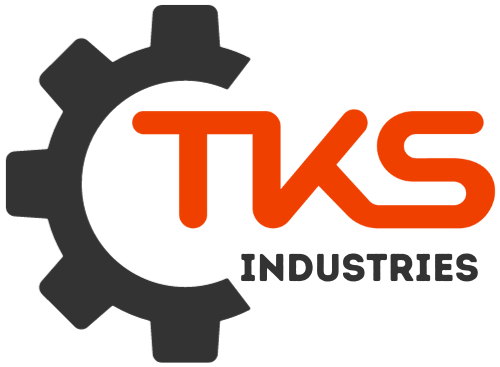[ad_1]
India Emerges as a Significant Market for Machinery, with Diverse Industries Demanding Innovative Equipment
India, one of the world’s fastest-growing major economies, has become a significant market for machinery, with a diverse range of industries demanding various types of equipment to support their operations. As the country’s economy continues to grow, the demand for machinery is expected to rise, driven by sectors such as manufacturing, textiles, infrastructure, and construction.
Key Industries and Machinery Requirements
- Manufacturing: The manufacturing sector, a significant contributor to India’s GDP, is driven by machinery such as CNC machines, robotic automation systems, and precision instruments. Sectors like automotive, pharmaceuticals, and textiles require high-tech machinery to maintain their competitive edge.
- Infrastructure: India’s rapid infrastructure development, including road, rail, and airport projects, demands heavy machinery like excavators, cranes, and concrete mixers. Construction companies are increasingly relying on modern equipment to speed up projects and reduce costs.
- Steel and Cement: The steel and cement industries require heavy machinery like blast furnaces, rolling mills, and crushing and screening equipment to ensure efficient production processes.
- Agriculture: The agricultural sector, which is a significant contributor to India’s economy, requires machinery like tractors, harvesters, and planters to improve yields and reduce labor costs.
Emerging Trends and Opportunities
- Increasing Demand for Energy-Efficient Machinery: With growing concerns over energy consumption and environmental impact, there is a growing demand for energy-efficient machinery in India.
- Digitalization and Automation: The pressing need for increased productivity and efficiency has led to a surge in demand for automated and digitally enabled machinery, such as smart manufacturing systems and Industry 4.0 solutions.
- From Import-Dependency to Self-Sufficiency: India’s goal of achieving self-sufficiency in machinery manufacture is driving growth in the domestic machinery manufacturing sector, with the government providing incentives and supporting local manufacturers.
- Focus on Convergence and Integration: Indian industries are seeking to integrate machinery with IT, data analytics, and the Internet of Things (IoT) to improve efficiency, reduce costs, and enhance customer experience.
Key Players and Regulations
- Leading Machinery Suppliers: Companies like Hitachi, Caterpillar, John Deere, and Larsen & Toubro are already established in the Indian market, with a strong presence in key sectors like manufacturing, infrastructure, and agriculture.
- Government Initiatives: The Indian government’s "Make in India" initiative, which aims to promote domestic manufacturing, has led to a surge in investments in the machinery sector. Additionally, the government has implemented policies to promote Ease of Doing Business, reducing bureaucratic hurdles for foreign investors.
- Quality and Safety Standards: The Indian government has established standards for machinery safety and quality, ensuring compliance with international norms and regulations.
Conclusion
India’s machinery market is poised for significant growth, driven by diverse industries with distinct requirements. As the country’s economy continues to expand, the need for modern, efficient, and energy-efficient machinery will only increase. With emerging trends like digitalization, automation, and convergence, it is essential for manufacturers, suppliers, and policymakers to work together to create a healthy and competitive machinery ecosystem in India.
[ad_2]
